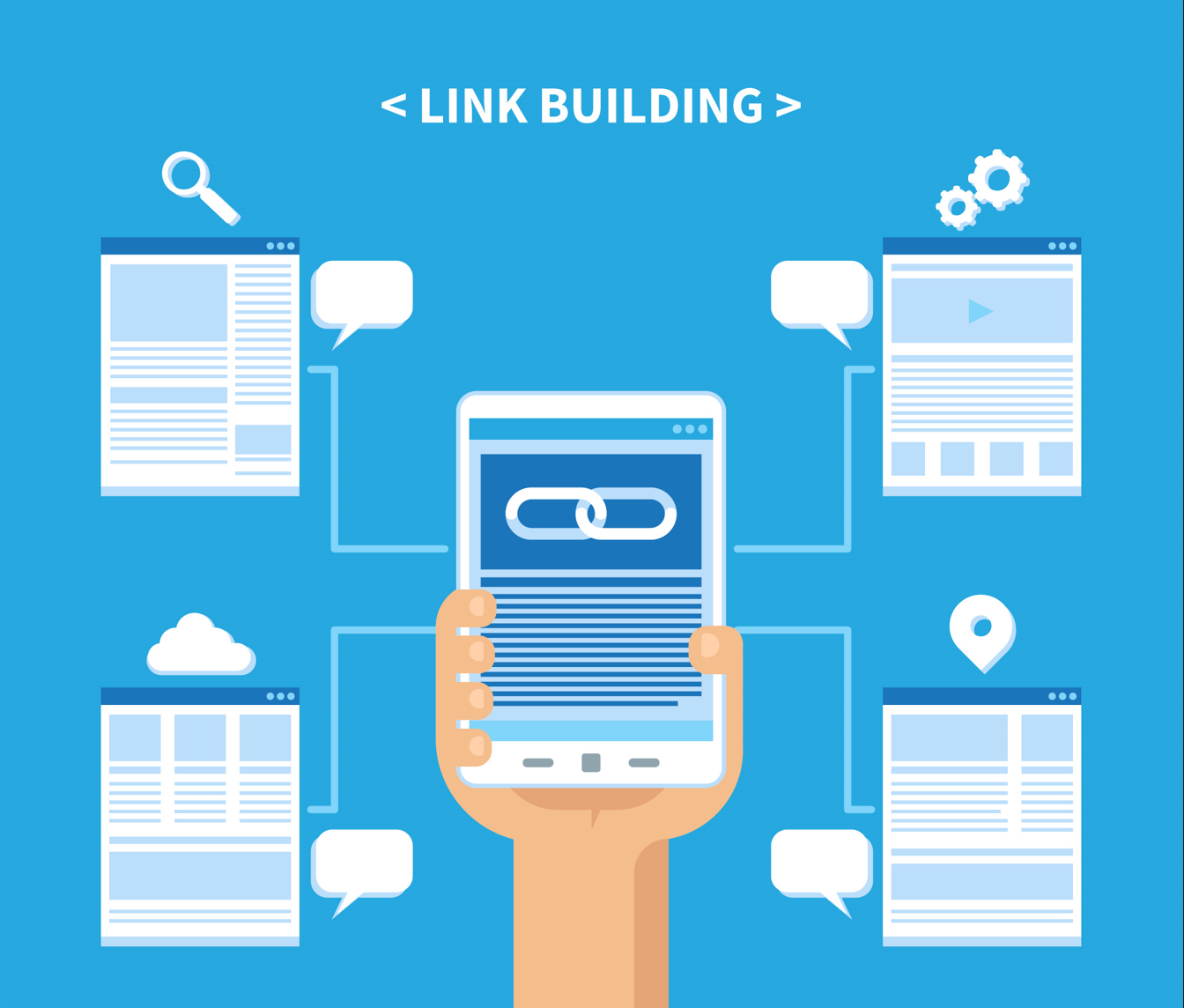In the world of SEO (Search Engine Optimisation), backlinks play a vital role. These are links from one website to another, acting as endorsements or votes of confidence. Search engines like Google consider backlinks as indications of trustworthiness and credibility. Pages with many high-quality backlinks are often ranked higher on search engines. In this blog, we’ll delve into the significance of backlinks, their types, and how to effectively build and measure high-quality backlinks.
Types of Backlinks
There are several types of backlinks, each serving a specific purpose.
-
Follow Links: These are standard hyperlinks that pass trust and authority to the site being linked to.
-
Nofollow Links: With the rel=”nofollow” attribute, these links inform search engines not to pass authority.
-
Sponsored or Paid Links: For promotional links, the rel=“sponsored” attribute should be added.
-
UGC Links: These denote links created by users or customers, specified with the rel="ugc" attribute.
-
Editorially Placed Links: These are naturally earned links without any specific request.
-
Link Schemes: These are manipulative link-building tactics that can lead to Google penalties.

What Are High-Quality Backlinks?
High-quality backlinks are those from trusted, authoritative sources. They have the power to improve search engine rankings, increase domain authority, and enhance overall visibility. These links serve as strong endorsements of your content and site. The quality of a backlink is often more important than the quantity. A few backlinks from authoritative and relevant sites can have a more significant impact than numerous links from low-quality, irrelevant sources.
Building high-quality backlinks is critical for SEO and can significantly boost your site's visibility on search engines. However, link-building shouldn't be associated with spammy practices. By using smart, ethical strategies and leveraging the right SEO tools, you can gain valuable backlinks even in a challenging niche.

Effective Ways to Build High-Quality Backlinks
-
Broken Link Building: Help out other sites by finding and reporting their broken links with the Check My Links Chrome extension. In return, suggest your site as a replacement link.
-
Give Interviews: Offer to be interviewed on sites that feature experts in your field. This can give you a chance to link back to your own site.
-
Promote Your Best Content: Share your content with the right audience. Use influencer research tools to find people who might share or link to your content.
-
Solid Internal Linking: Make your site user-friendly with internal links. Don’t overdo it, though – more than 100 internal links per page can seem suspicious.
-
Guest Blogging: Write guest posts for reputable sites in your niche. It's a great way to gain high-quality backlinks and reach a wider audience.
-
Use Infographics: Create engaging infographics and submit them to directories. Reach out to people who share similar infographics and ask them to share or link to yours.
-
Analyse Competitors' Mentions: Respond to online mentions of your competitors’ brands using Mention. It can help build relationships and potentially earn backlinks.
-
Replicate Competitors' Best Backlinks: Analyse your competitors' best backlinks with tools like Monitor Backlinks or Ahrefs. Identify and replicate high-quality links.

Mistakes to Avoid in Backlink Building
Building high-quality backlinks is critical for the success of your SEO efforts. However, it is equally important to avoid certain mistakes that could negatively affect your website's rankings and credibility. Below are some of the common mistakes to avoid:
-
Focusing on Quantity Over Quality: It's easy to get carried away with the idea of acquiring as many backlinks as possible, but quality matters more than quantity. It's far more valuable to have a few high-quality backlinks from authoritative and relevant websites than to have hundreds of low-quality links.
-
Using Over-Optimised Anchor Text: It is essential to use natural, varied anchor text when building backlinks. Over-optimised, keyword-rich anchor text can be seen as spammy and could lead to penalties from search engines.
-
Relying on Link Exchanges: While reciprocal linking isn't inherently bad, excessive link exchanges can be seen as an attempt to manipulate rankings. Focus on earning organic backlinks through high-quality content and outreach.
-
Purchasing Backlinks: Buying backlinks may seem like a quick fix, but it's a risky move. Paid links are often flagged by search engines, which could lead to a drop in rankings or even a penalty.
-
Ignoring Relevance: Make sure the sites linking to yours are relevant to your niche. Irrelevant backlinks can confuse search engines and dilute the effectiveness of your backlinks.
-
Neglecting the User Experience: Backlinks should serve your audience and provide value. Don't focus solely on SEO at the expense of user experience. When creating content or placing backlinks, prioritize your audience's needs.
-
Ignoring NoFollow Links: While NoFollow links don't pass SEO "juice," they can still drive traffic and contribute to your online reputation. It's essential to have a mix of DoFollow and NoFollow links.
The Impact of Backlinks on SEO
To track and measure the effectiveness of backlinks, you can use tools like Google Search Console, Semrush or Ubersuggest. These tools provide insights into your backlink profile, the authority of referring domains, and the impact of backlinks on your SEO. By analysing your backlinks, you can understand your site’s credibility and trustworthiness and make informed decisions for your link-building strategy.
Building high-quality backlinks is crucial for improving your SEO and establishing authority in your niche. Focus on creating valuable content, establishing relationships with relevant websites, and avoiding common mistakes in backlink building. By consistently working on your backlink strategy, you can boost your site’s visibility, credibility, and rankings on search engines.
Need Customised SEO Service? Contact Cogify
At Cogify, we understand that each business is unique, and a one-size-fits-all approach to SEO simply doesn't work. That's why we offer customised SEO services tailored to your specific needs, goals, and industry. Our team of experienced SEO professionals will work with you to develop a bespoke strategy that will help you achieve your business objectives.





